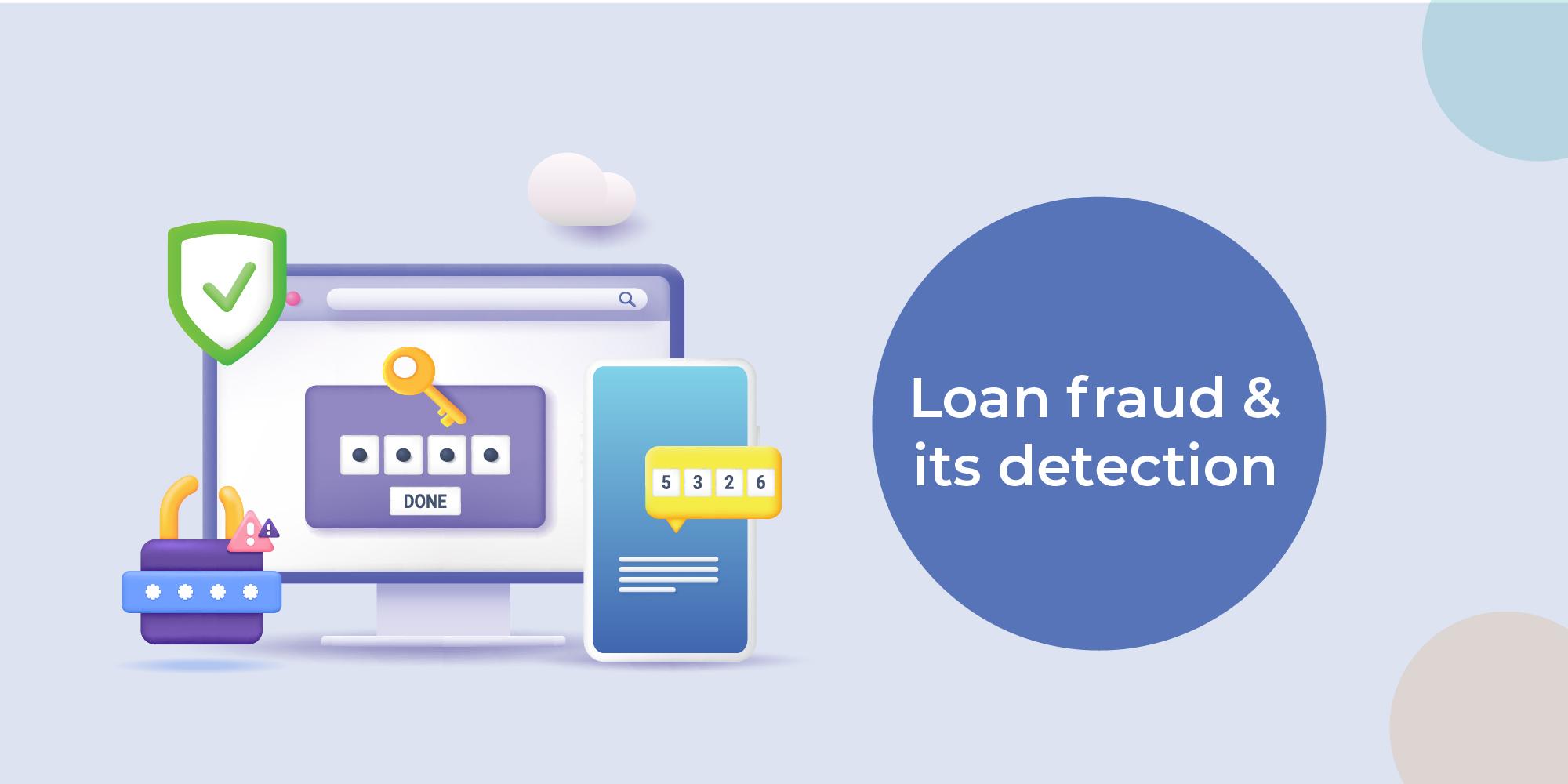- Home
- Blogs
- Loan Management Tips
- What Is Loan Fraud And How To Avoid
Loan Fraud: Easy tips on how to detect and avoid it
Reviewed by: Fibe Research Team
- Updated on: 4 Mar 2025
Reviewed by: Fibe Research Team

Loan fraud instances have increased with advancements in the fintech sector. So, they can happen to anyone who uses financial services. That said, these fraudsters often target individuals who can’t get funding through traditional means, such as:
Scammers entrap in several ways, which include misusing personal and other sensitive data, leading to financial loss. As such, it’s crucial to identify them and take precautions to safeguard your identity.
Read on to learn some loan fraud detection techniques, measures for prevention and more.
When there is any deceptive action during the loan process from the lender or the borrower, it is known as loan fraud. Being a victim of this fraud can lead to substantial financial loss or identity theft. There are many ways such fraud may take place, some of which are:
These loan fraud detection tips will help you avoid potential identity or monetary loss.
Lack of physical address should be a first warning sign. Without an address, catching them can be difficult for the authorities. So, scammers generally don’t have one or mention a fake address. Check the details to ensure you are borrowing from a legitimate lender.
Another common way is when the supposed lender charges multiple hidden fees on the loan without discussing them at the time of application. You will also not find any mention of such charges on their websites.
If the lender asks to make an upfront payment for your loan, consider it a red flag. It is one of the most common types of personal loan fraud. Most financial institutions adjust the processing fees in the loan amount after approval rather than before the application process. So, if they are asking for a high fee even before processing the loan, choose another lender.
Some con artists will reach out to you with a ‘limited time offer’ or ‘time-bound scheme’ that ends within a few hours. Genuine companies don’t have such short-term offers and theirs generally are valid for a few days, giving you the time to make a well-informed decision.
When you apply with a genuine lender, they thoroughly assess your eligibility and review your application before approving it. So, they don’t offer any guarantee that you will get the funds. As such, if anyone’s offering a guaranteed approval, you should be cautious and steer clear of it.
Banks and financial institutions only reach out to you with loan offers if you have enquired or are an existing customer. If you get a call randomly, you must investigate how they got your contact details. Also, make sure you don’t do any of the following:
Also Read: Personal Loan Scams: You Can Be The Next Target
Here are a few tips through which you can avoid being a victim of personal loan fraud:
Using these loan fraud detection tips, you can easily identify fraudsters and keep your finances and data safe. Borrowing from genuine lenders who have best-in-class security measures is a great way to keep your information secure. Fibe has a PCI DSS App-based journey and ISO/IEC 27001 Certification. As such, you can get funds without any risks or hassles.
With Fibe’s Personal Loan, you can get a transparent loan of up to ₹5 lakhs with a 100% secure digital application process. That’s not all. Our competitive interest rates, quick approval, minimum requirement and no hidden charges give you the ease of simplified, secure and affordable borrowing. Download the Fibe Personal Loan App or visit our website to get started!
There are many signs that you may be dealing with a fraudster. Some of these are:
It refers to any activity where the fraudster offers credit to collect your personal information and documents. Once they have your sensitive information, they can apply for loans in your name.
In such a case, you must do the following:
Checking your account balance regularly and opting for SMS alerts for transactions can help catch and avoid unauthorised payments.